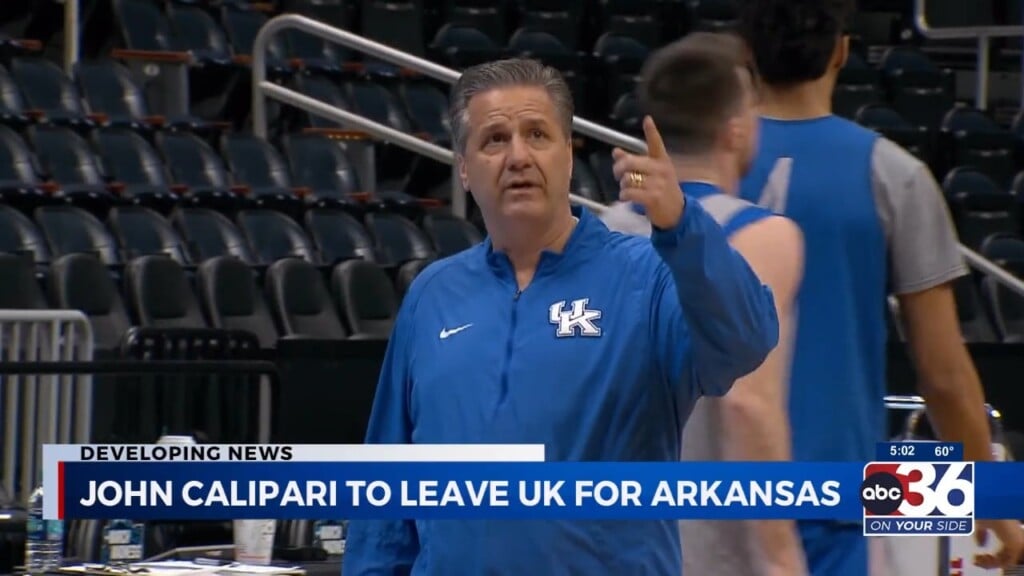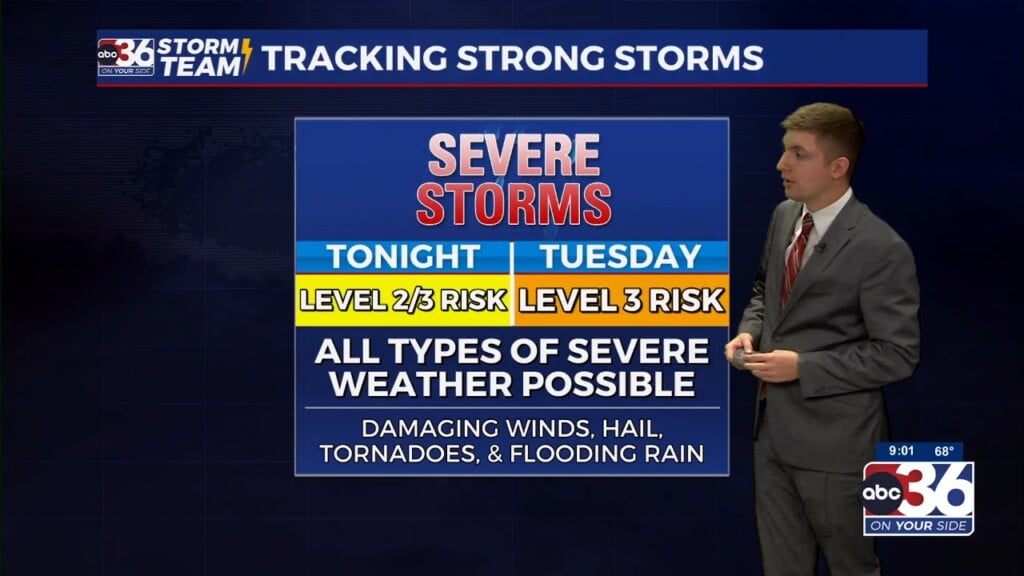Now that a deal is clinched, McConnell has his eyes at stopping a Democratic bill that’s likely to raise taxes on corporations and spend trillions of dollars. To that end, he’s trying to drive a wedge between Biden and congressional Democratic leaders.
Democratic senators think his tactics are merely aimed at delaying the bill and forcing them into infighting. He’s also said he’s “100 percent” focusing on stifling Biden’s agenda and last week criticized Biden for making his support for the bipartisan bill conditional on the Democratic effort.
McConnell has not indicated he will support the bipartisan infrastructure bill negotiated by five of his members, raising further questions among Democrats about his motivations for weighing in. He may be in the minority, but McConnell nonetheless has major sway over whether his 50-member conference will cough up the votes to pass a bipartisan deal.
Eleven Republicans at some point endorsed the bipartisan group’s approach to infrastructure, but there isn’t yet a bill to study and the Senate is now on a two-week recess as staffers and senators draft the legislation. Republicans are doubtful that the bipartisan bill’s financing sources — ranging from infrastructure privatization to increased IRS enforcement — will truly pay for the bill, which could further complicate efforts.
If McConnell were to pull his caucus back from the infrastructure bill, Democrats could conceivably roll everything together into one big package and pass it via reconciliation without a single GOP vote. But that’s not Biden’s preference, nor is it the preference of GOP senators who hammered out the deal.
Three of those Republicans, Mitt Romney of Utah, Rob Portman of Ohio and Bill Cassidy of Louisiana, on Sunday praised Biden’s clarified approach of fighting for both the bipartisan physical infrastructure bill and the Democratic “human infrastructure” bill in separate bouts.
Senate Budget Committee Democrats will hold a call this week to discuss the size of their partisan package. Manchin said he could support as much as $2 trillion, Kaine said he’s suggested $4 trillion and Chair Bernie Sanders (I-Vt.) said he wants $6 trillion. That would likely be paid for with tax increases on capital gains for high earners and a bump in the corporate tax rate.




Leave a Reply